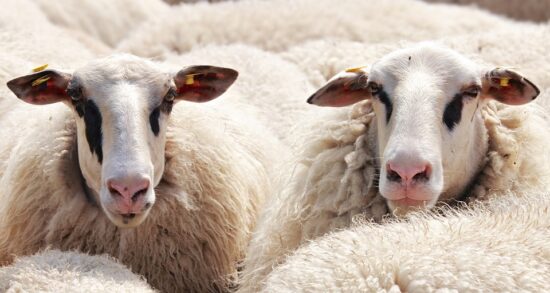Antibiotic Resistance Development in Animal Production: A Cross-Sectional Study
In recent years, an increase in the development of antimicrobial-resistant pathogens especially foodborne zoonotic bacteria has been observed. As a result, crude mortality rates are increasing due to those resistant bacteria in both human and animal populations, particularly in developing countries like Tanzania where the risk of infection is high due to poor biosecurity measures, close animal–human interactions, and extensive use of antimicrobials for animal productions. One of those zoonotic bacterial pathogens, which commonly contaminates food, is Salmonella.
This study revealed that the Salmonella isolates of diarrheic sheep developed a wide range of resistance to different antibiotics. Further studies and integrative approaches in a one health framework among animal–human and environmental health professionals are recommended for the mitigation of health risks arising from antibiotic-resistant zoonotic pathogens like Salmonella.
AMR NEWS
Your Biweekly Source for Global AMR Insights!
Stay informed with the essential newsletter that brings together all the latest One Health news on antimicrobial resistance. Delivered straight to your inbox every two weeks, AMR NEWS provides a curated selection of international insights, key publications, and the latest updates in the fight against AMR.
Don’t miss out on staying ahead in the global AMR movement—subscribe now!







